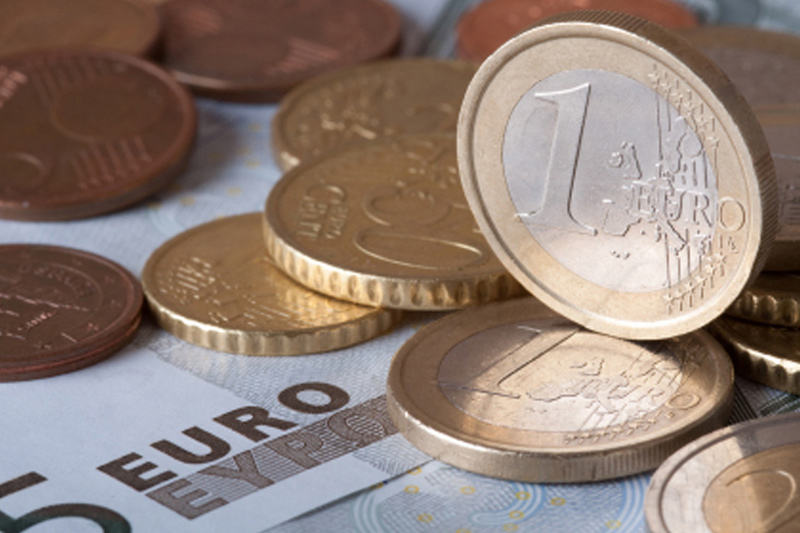Investing.com - The euro dropped to one-month lows against the U.S. dollar on Friday, as worries over the risk of a civil war in Ukraine continued to weigh broadly on risk sentiment and as comments by European Central Bank President Mario Draghi still weakened the single currency.
EUR/USD hit 1.3769 during U.S. morning trade, the pair's lowest since April 8; the pair subsequently consolidated at 1.3788, retreating 0.38%.
The pair was likely to find support at 1.3738, the low of April 8 and resistance at 1.3994, the session high.
Risk sentiment was hit after pro-Russia separatists in eastern Ukraine ignored a public call by Russian President Vladimir Putin to postpone a referendum on self-rule. They said they plan to go ahead on Sunday with a vote that some fear could lead to a civil war.
European Commission President Jose Manuel Barroso said on Friday that the European Union was still struggling to agree on what approach to take on the crisis and that the event was the biggest threat to European security since the fall of the Berlin Wall.
Separately, sentiment on the euro remained vulnerable after European Central Bank President Mario Draghi said the central bank governing council is comfortable with acting at its next meeting, after the bank has published fresh forecasts for inflation and growth.
Earlier in the day, official data showed that Germany's trade surplus narrowed to €14.8 billion in March from €15.8 billion in February, whose figure was revised from a previously estimated surplus of €15.7 billion.
Analysts had expected the trade surplus to widen to €16.6 billion in March.
The euro was steady against the pound, with EUR/GBP inching up 0.04% to 0.8177.
Also Friday, official data showed that U.K. manufacturing production rose 0.5% in March, beating expectations for a 0.3% gain, after a 1.0% increase the previous month.
A separate report showed that the U.K trade deficit narrowed to £8.48 billion in March, from £8.75 billion in February, whose figure was revised from a previously estimated deficit of £9.09 billion. Analysts had expected the trade deficit to widen to £9.00 billion in March.
